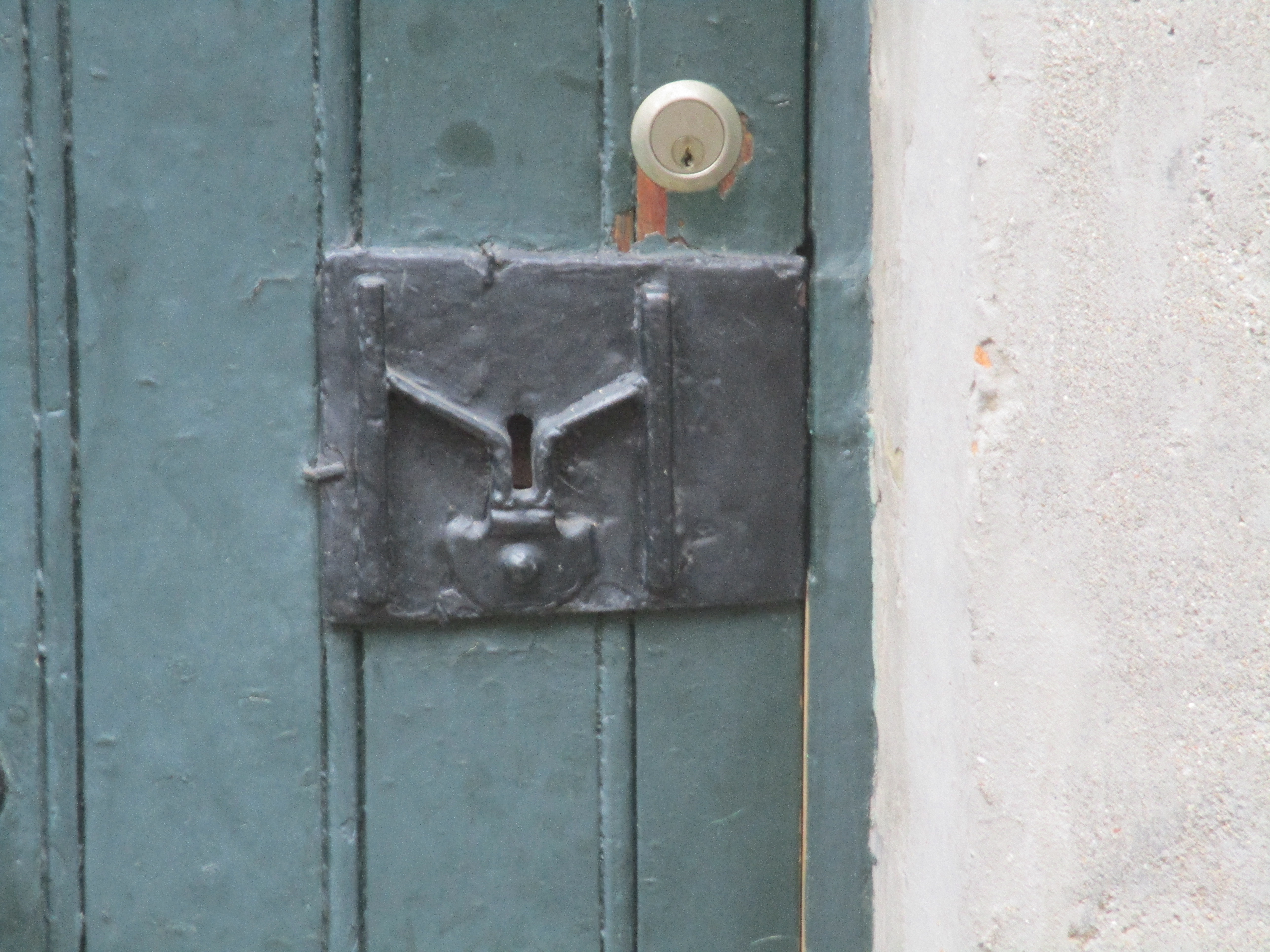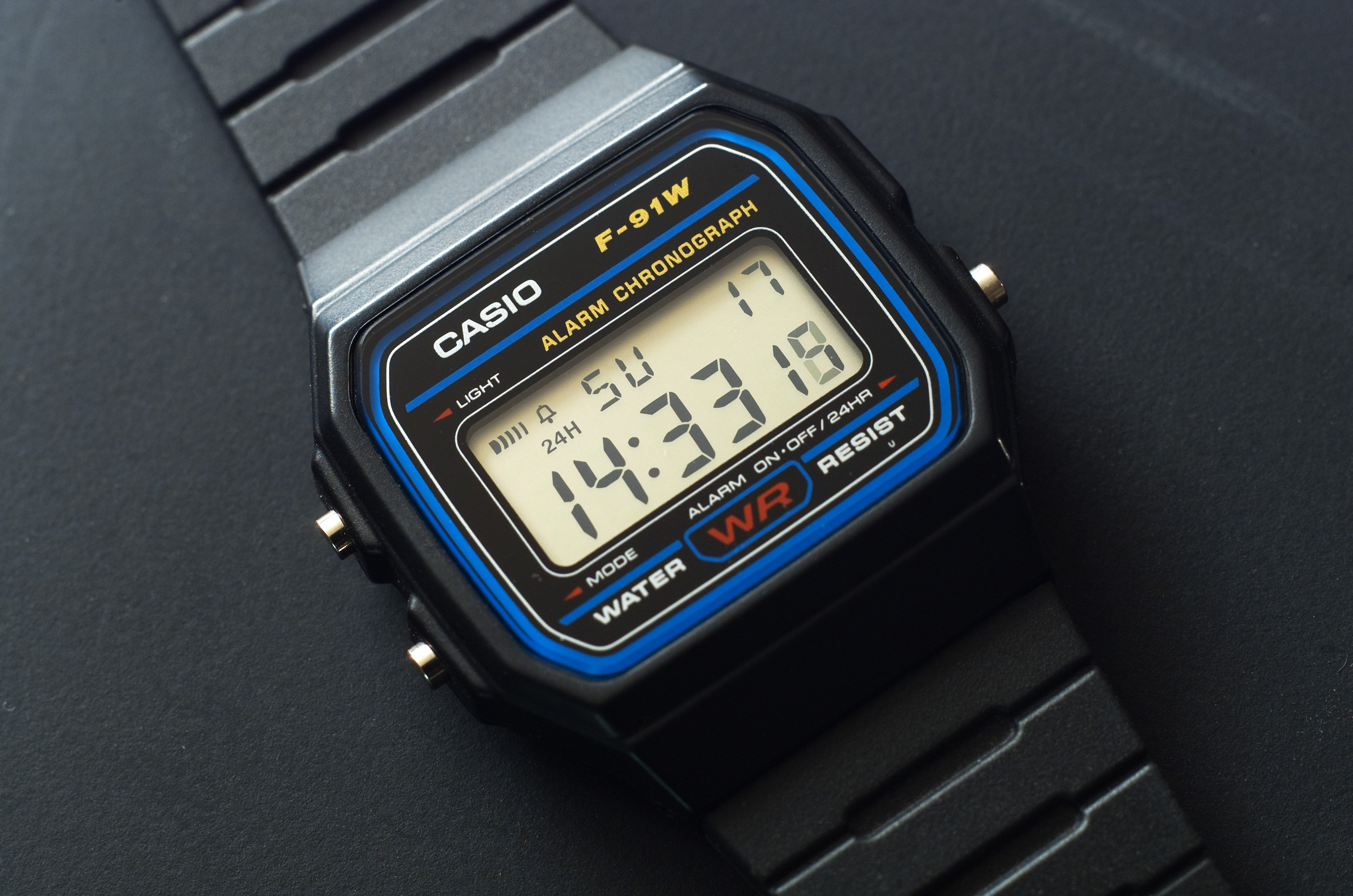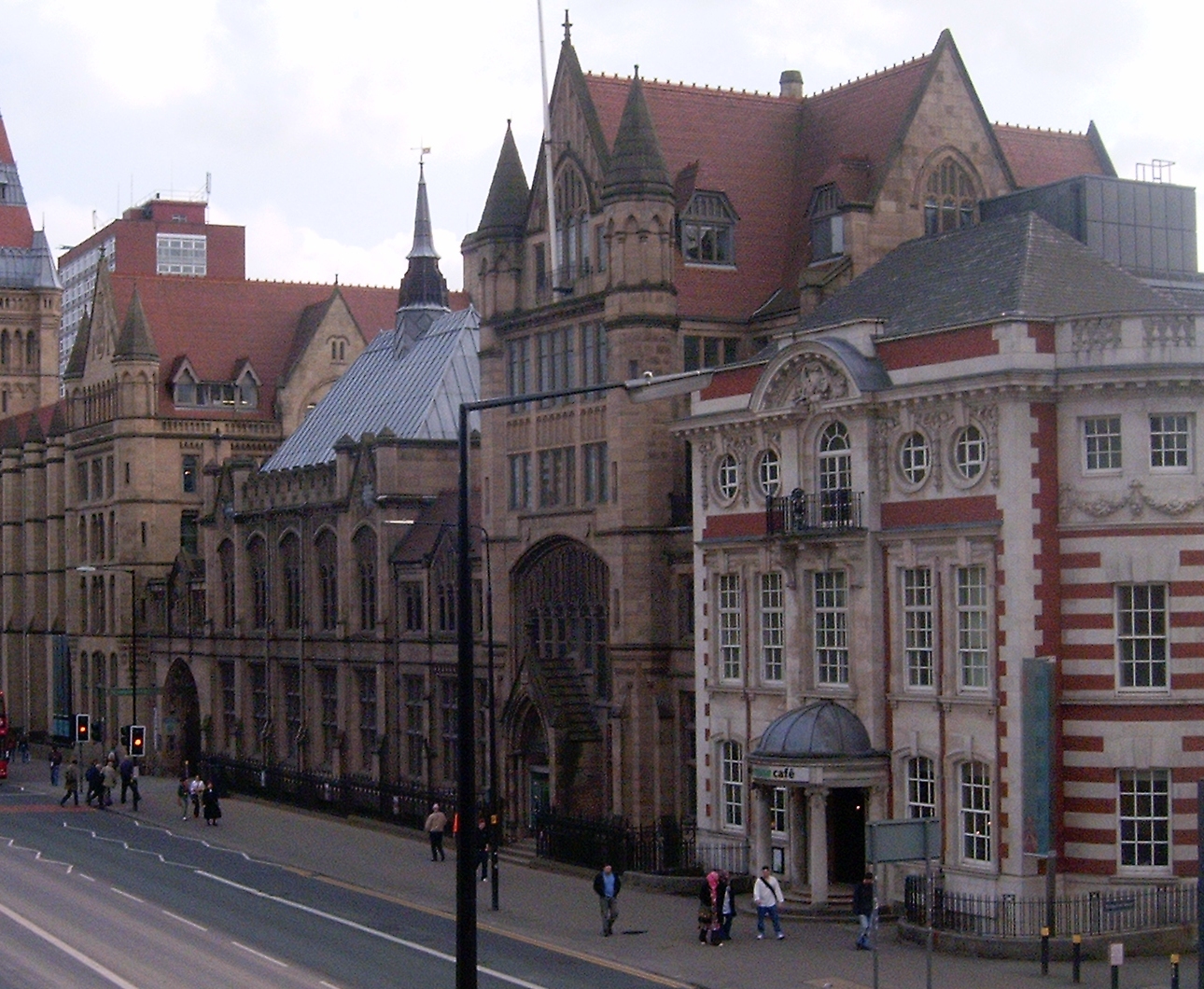|
Clock Bag
A clock bag is a bag used in bookmaking with a lock and a built-in clock, intended to prevent fraud by proving the bets inside had been placed before a sporting event had started. The bets, or "lines", inside would often be "rolled in bundles each marked by a pseudonym". Clock bags were in regular use in illegal gambling starting during the 1920s. In Glasgow during the 1930s, runners would collect bets in clock bags and then telephone bookmakers for the outcomes. This was a common practice called "shovel betting". It has been speculated that clock bags may have originated around pigeon racing Pigeon racing is the sport of releasing specialized, trained homing pigeons, which then return to their homes over a carefully measured distance. The time it takes the animal to cover the specified distance is measured and the bird's rate of t .... References {{gambling-stub Gambling terminology Gambling in the United Kingdom ... [...More Info...] [...Related Items...] OR: [Wikipedia] [Google] [Baidu] |
Bookmaker
A bookmaker, bookie, or turf accountant is an organization or a person that accepts and pays out bets on sporting and other events at agreed-upon odds In probability theory, odds provide a measure of the probability of a particular outcome. Odds are commonly used in gambling and statistics. For example for an event that is 40% probable, one could say that the odds are or When gambling, o .... History The first bookmaker, Harry Ogden, stood at Newmarket in 1795, although similar activities had existed in other forms earlier in the eighteenth century. Following the Gaming Act 1845, the only gambling allowed in the United Kingdom was at race tracks. The introduction of special excursion trains meant that all classes of society could attend the new racecourses opening across the country. Runners working for bookmakers would collect bets in Clock bag, clock bags. Cash flowed to the bookmakers who employed bodyguards against protection gangs operating within the vast cro ... [...More Info...] [...Related Items...] OR: [Wikipedia] [Google] [Baidu] |
Lock And Key
A lock is a mechanical or electronic fastening device that is released by a physical object (such as a key, keycard, fingerprint, RFID card, security token or coin), by supplying secret information (such as a number or letter permutation or password), by a combination thereof, or it may only be able to be opened from one side, such as a door chain. A key is a device that is used to operate a lock (to lock or unlock it). A typical key is a small piece of metal consisting of two parts: the '' bit'' or ''blade'', which slides into the keyway of the lock and distinguishes between different keys, and the ''bow'', which is left protruding so that torque can be applied by the user. In its simplest implementation, a key operates one lock or set of locks that are keyed alike, a lock/key system where each similarly keyed lock requires the same, unique key. The key serves as a security token for access to the locked area; locks are meant to only allow persons having the correct key to ... [...More Info...] [...Related Items...] OR: [Wikipedia] [Google] [Baidu] |
Clock
A clock or chronometer is a device that measures and displays time. The clock is one of the oldest Invention, human inventions, meeting the need to measure intervals of time shorter than the natural units such as the day, the lunar month, and the year. Devices operating on several physical processes have been used over the Millennium, millennia. Some predecessors to the modern clock may be considered "clocks" that are based on movement in nature: A sundial shows the time by displaying the position of a shadow on a flat surface. There is a range of duration timers, a well-known example being the hourglass. Water clocks, along with sundials, are possibly the oldest time-measuring instruments. A major advance occurred with the invention of the verge escapement, which made possible the first mechanical clocks around 1300 in Europe, which kept time with oscillating timekeepers like balance wheels., pp. 103–104., p. 31. Traditionally, in horology (the study of timekeeping), the ... [...More Info...] [...Related Items...] OR: [Wikipedia] [Google] [Baidu] |
Manchester University Press
Manchester University Press is the university press of the University of Manchester, England, and a publisher of academic books and journals. Manchester University Press has developed into an international publisher. It maintains its links with the University. Publishing Manchester University Press publishes monographs and textbooks for academic teaching in higher education. In 2012 it was producing about 145 new books annually and managed a number of journals. Areas of expertise are history, politics and international law, literature and theatre studies, and visual culture. MUP books are marketed and distributed by Oxford University Press in the United States and Canada, and in Australia by Footprint Books; all other global territories are covered from Manchester itself. Some of the press's books were formerly published in the US by Barnes & Noble, Inc., New York. Later the press established an American office in Dover, New Hampshire. Open access Manchester University Pr ... [...More Info...] [...Related Items...] OR: [Wikipedia] [Google] [Baidu] |
Manchester
Manchester () is a city and the metropolitan borough of Greater Manchester, England. It had an estimated population of in . Greater Manchester is the third-most populous metropolitan area in the United Kingdom, with a population of 2.92 million, and the largest in Northern England. It borders the Cheshire Plain to the south, the Pennines to the north and east, and the neighbouring city of Salford to the west. The city borders the boroughs of Trafford, Metropolitan Borough of Stockport, Stockport, Tameside, Metropolitan Borough of Oldham, Oldham, Metropolitan Borough of Rochdale, Rochdale, Metropolitan Borough of Bury, Bury and City of Salford, Salford. The history of Manchester began with the civilian settlement associated with the Roman fort (''castra'') of Mamucium, ''Mamucium'' or ''Mancunium'', established on a sandstone bluff near the confluence of the rivers River Medlock, Medlock and River Irwell, Irwell. Throughout the Middle Ages, Manchester remained a ma ... [...More Info...] [...Related Items...] OR: [Wikipedia] [Google] [Baidu] |
The Guardian
''The Guardian'' is a British daily newspaper. It was founded in Manchester in 1821 as ''The Manchester Guardian'' and changed its name in 1959, followed by a move to London. Along with its sister paper, ''The Guardian Weekly'', ''The Guardian'' is part of the Guardian Media Group, owned by the Scott Trust Limited. The trust was created in 1936 to "secure the financial and editorial independence of ''The Guardian'' in perpetuity and to safeguard the journalistic freedom and liberal values of ''The Guardian'' free from commercial or political interference". The trust was converted into a limited company in 2008, with a constitution written so as to maintain for ''The Guardian'' the same protections as were built into the structure of the Scott Trust by its creators. Profits are reinvested in its journalism rather than distributed to owners or shareholders. It is considered a newspaper of record in the UK. The editor-in-chief Katharine Viner succeeded Alan Rusbridger in 2015. S ... [...More Info...] [...Related Items...] OR: [Wikipedia] [Google] [Baidu] |
Glasgow
Glasgow is the Cities of Scotland, most populous city in Scotland, located on the banks of the River Clyde in Strathclyde, west central Scotland. It is the List of cities in the United Kingdom, third-most-populous city in the United Kingdom and the 27th-most-populous city in Europe, and comprises Wards of Glasgow, 23 wards which represent the areas of the city within Glasgow City Council. Glasgow is a leading city in Scotland for finance, shopping, industry, culture and fashion, and was commonly referred to as the "second city of the British Empire" for much of the Victorian era, Victorian and Edwardian eras. In , it had an estimated population as a defined locality of . More than 1,000,000 people live in the Greater Glasgow contiguous urban area, while the wider Glasgow City Region is home to more than 1,800,000 people (its defined functional urban area total was almost the same in 2020), around a third of Scotland's population. The city has a population density of 3,562 p ... [...More Info...] [...Related Items...] OR: [Wikipedia] [Google] [Baidu] |
Pigeon Racing
Pigeon racing is the sport of releasing specialized, trained homing pigeons, which then return to their homes over a carefully measured distance. The time it takes the animal to cover the specified distance is measured and the bird's rate of travel is calculated and compared with all of the other pigeons in the race to determine which animal returned at the highest speed. Pigeon racing requires a specific breed of pigeon bred for the sport, the Racing Homer. Competing pigeons are specially trained and conditioned for races that vary in distance from approximately to . Despite these lengths, races can be won and lost by seconds, so many different timing and measuring devices have been developed. The traditional timing method involves rubber rings being placed into a specially designed clock, whereas a newer development uses RFID tags to record arrival time. While there is no definite proof, there are compelling reasons to think the sport of racing pigeons may go back at least ... [...More Info...] [...Related Items...] OR: [Wikipedia] [Google] [Baidu] |
Gambling Terminology
Gambling (also known as betting or gaming) is the wagering of something of value ("the stakes") on a random event with the intent of winning something else of value, where instances of strategy are discounted. Gambling thus requires three elements to be present: consideration (an amount wagered), risk (chance), and a prize. The outcome of the wager is often immediate, such as a single roll of dice, a spin of a roulette wheel, or a horse crossing the finish line, but longer time frames are also common, allowing wagers on the outcome of a future sports contest or even an entire sports season. The term "gaming" in this context typically refers to instances in which the activity has been specifically permitted by law. The two words are not mutually exclusive; ''i.e.'', a "gaming" company offers (legal) "gambling" activities to the public and may be regulated by one of many gaming control boards, for example, the Nevada Gaming Control Board. However, this distinction is not universa ... [...More Info...] [...Related Items...] OR: [Wikipedia] [Google] [Baidu] |







